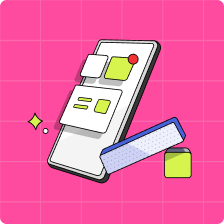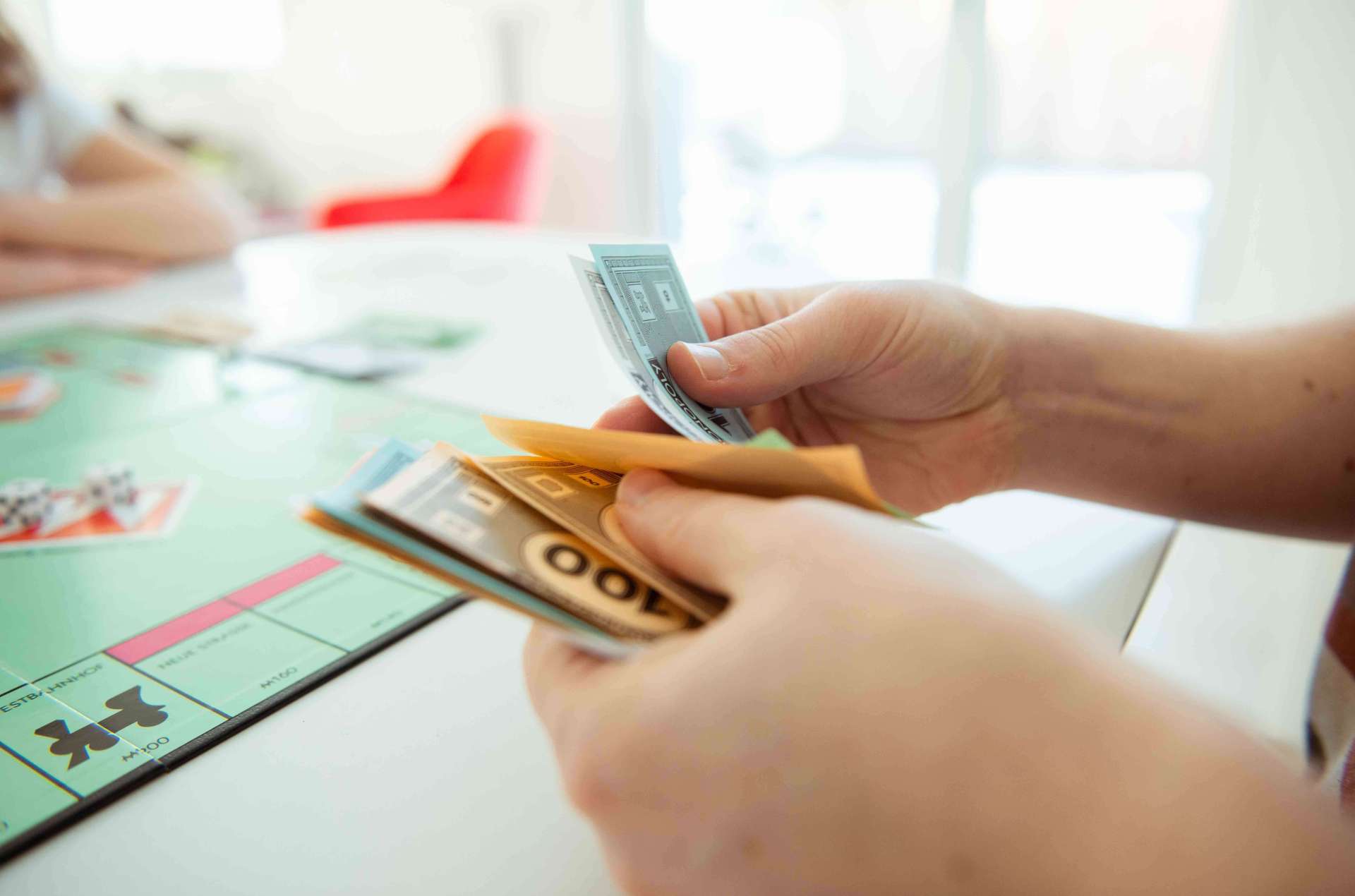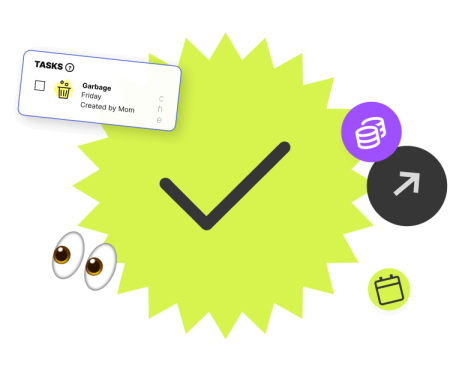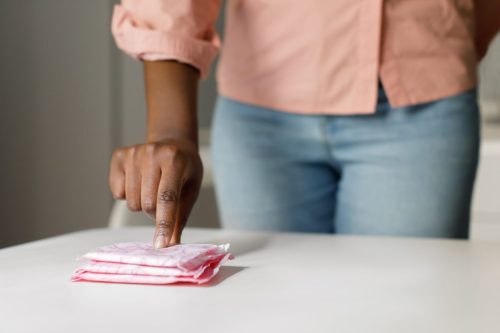At Mydoh, we understand the importance of teaching kids about money while they’re young, so they can grow up to become financially responsible adults. After all, that’s why we created the Mydoh app: to give kids real world experience in making and managing their own money. In fact, financial literacy for kids is so important that it was recently added to the Ontario curriculum for students starting in Grade 4. But parents don’t have to wait until then to start teaching their kids about money and finances.
Online money games and classic board games are a great way to introduce money concepts, from counting to making change to paying bills. Here are thirteen fun money games for kids to play.
Counting money games for kids
When it comes to teaching kids about money, learning how to count it is a great place to start. It’s a fundamental skill that’s needed for more complex aspects of finances, such as budgeting.
Get kids as young as three- or four-years-old involved by introducing them to counting money using coins. Real coins work best, but you can buy plastic coins, or even print Canadian play money online. In addition to how each coin looks, talk about the value of one coin versus another.
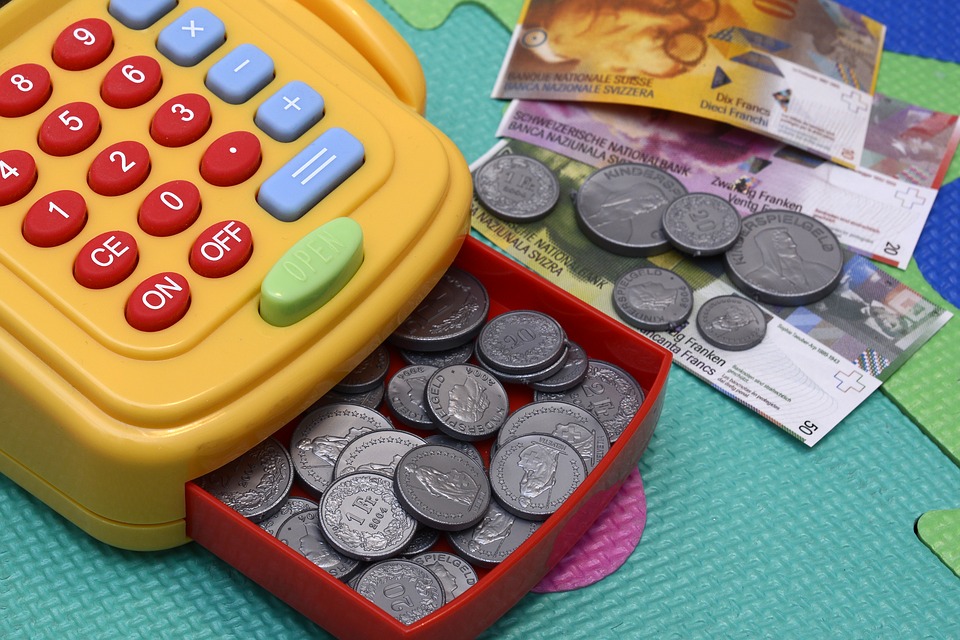
1. Pretend shopping with physical coins
Help younger children make the connection that coins are money we use to buy things we need (like milk) and want (like cookies!). There are also plenty of easy counting games you can play together, from money sorting to setting up a pretend shop, along with a cash register and play money. These games will not only develop their math skills, but also give them a head start on financial literacy.
Age range: 3 and up
2. Peter Pig’s Money Counter
Kids can practice identifying, counting and saving money with Peter Pig’s Money Counter app.
Teach your kids interesting facts about Canadian currency and let them test out their money skills with budgeting tasks.
Gamify financial literacy by letting your children spend their winnings on virtual accessories for Peter Pig.
Age range: 5 to 8
5 fun online money games for kids
As kids get older, it’s important that they learn money concepts beyond just counting. Some of the best kids money games involve saving, earning, and spending money in a safe and educational manner. Help your children master essential money lessons with these five fun (and free!) online games for kids – These are perfect financial literacy games for elementary students.

1. Shopping game
In the Shopping Game, kids will get some hands-on experience in how to be a savvy shopper. Read the shopping note, then buy the items required while spending as little money as possible!
Age range: 4 and up
2. Lemonade Stand
By giving Larry a hand calculating the prices for lemonade at his popular stand, kids learn how to count money and assess whether they’re overcharging, undercharging or asking customers for the correct amount of money.
Age range: 4 and up
3. Bus Money
Watch passengers get on and off the bus and calculate if they’re paying the correct fare, based on their age. By keeping track of how much each customer pays, kids not only keep the bus driver happy, but advance through the various levels of this game.
Age range: 4 and up
4. Farm Game
By pricing eggs and counting how many they sell, kids can use their math skills to add money totals together and help the farm stay profitable.
Age range: 4 and up
5. Coffee Shop
Any kid who loves going to the cafe with mom and dad can set up their own coffee shop, give it a name, then decide on what ingredients they need to make and price their coffee. They’ll then get a chance to adjust their decisions based on customer demand and whether they have enough items in stock
Age range: 4 and up
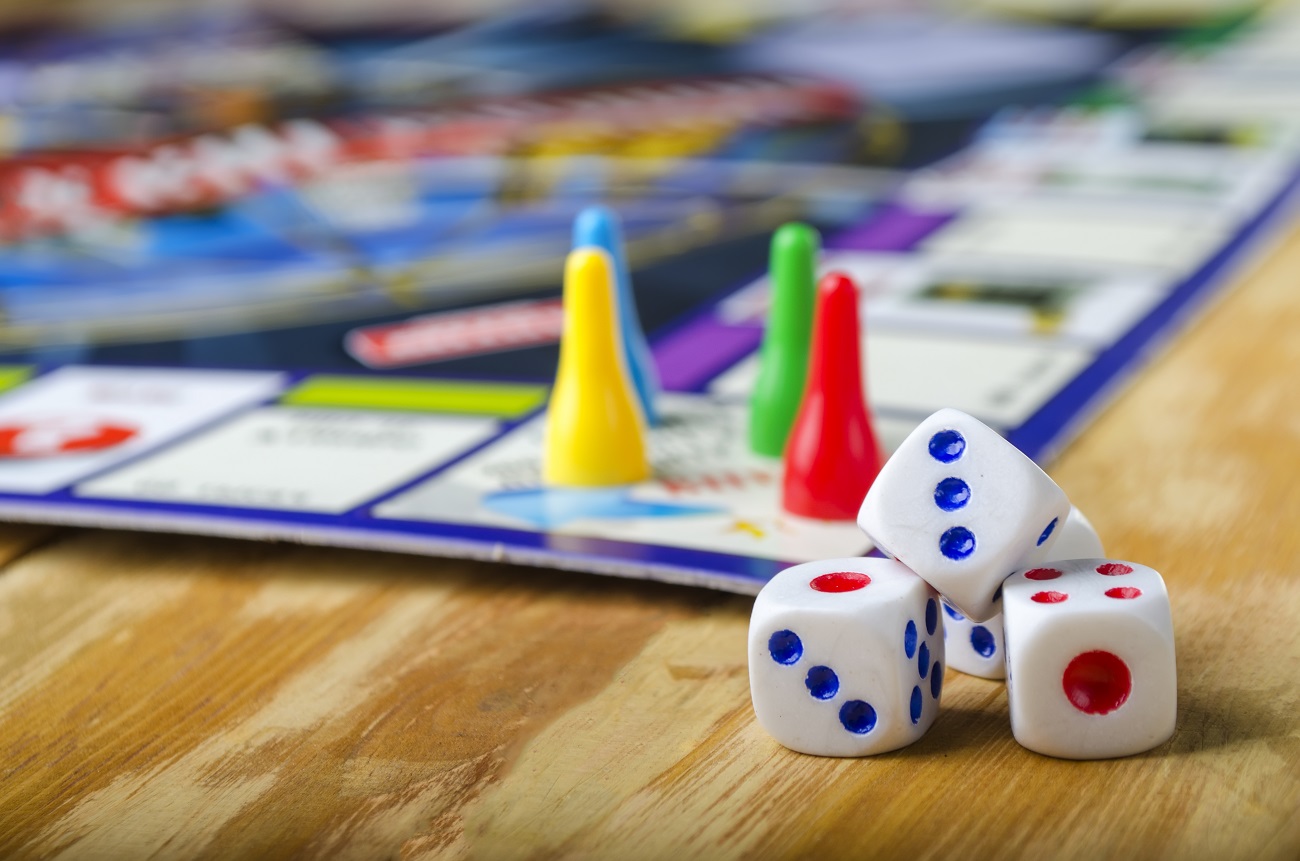
5 money board games to play with kids
Who doesn’t love playing games, especially old school board games? As well as bringing the family together, board games can be a great way to sneak in some real-world education when it comes to decisions about money.
1. Money Bags Game
This game is a fun way for kids to learn how to count money and make change. The trick being there may be certain coins they’re not allowed to use to make up the correct amount of change, which is where they’ll start to make connections like two nickels are equal to a dime. The plastic coins and paper money makes counting more tangible for kids to grasp the concept of counting money. Recommended for ages seven and up, but with some parental guidance, younger kids will love this game too.
Number of players: 2-4
Age range: 7 and up
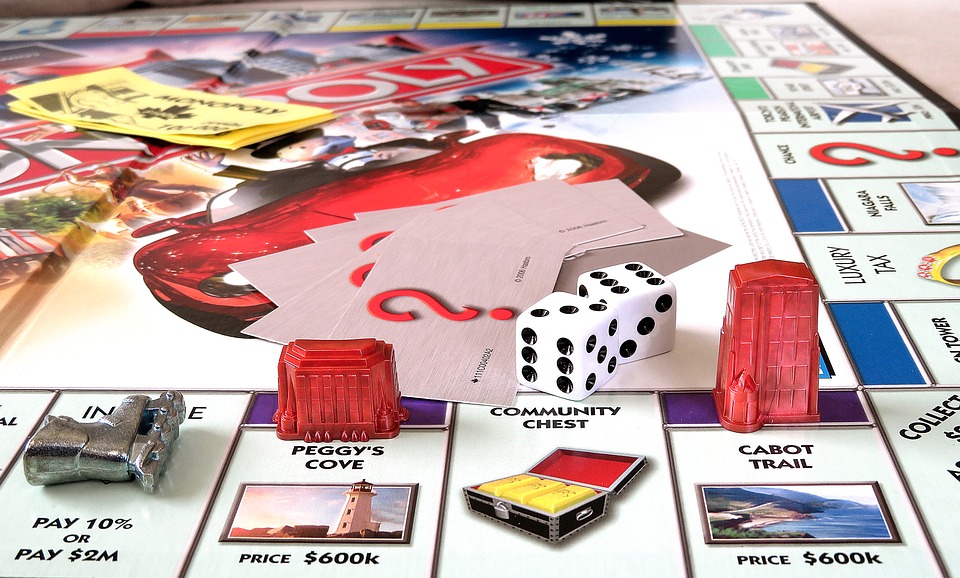
2. Monopoly
There’s a reason why this game has been around for so long (since the 1930s!). Sure, you usually need to put an afternoon or evening aside to get through a game, but Monopoly is great for teaching kids about money. Everything from getting practice at counting it out as the “banker” to deciding which properties are worth the cash layout, to real life lessons like paying income tax and interest on a mortgage. Monopoly Junior is a simpler version of this classic game and is great for kids aged five and up.
Number of players: Minimum of 2
Age range: 8 and up
3. PayDay
In this quick fire game, players earn a paycheque, pay outstanding bills, can make deals on property, even land on a windfall. But will they spend money as quickly as they earn it? The game helps children understand the concept of earning money as well as the responsibilities that comes with budgeting to pay the bills and making sure there’s still money at the end of the month.
Number of players: 2-4
Age range: 8 and up
4. The Game of Life
This classic game is a lesson in, well, life. Whether to go to college, which career path to take, starting a family and dealing with some of the surprises that life throws our way. The object is simple: the player with the most money at the end of the game, wins.
Number of players: 2-4
Age range: 8 and up
5. Act Your Wage!
In the Act Your Wage! board game, kids will learn the importance of earning a salary, paying bills, saving and paying down debt. The objective of the game is to be the first one to get out of debt and yell “I’m debt free”! It’s a fun game that teaches kids the importance of saving and minimizing expenses, while also keeping a healthy emergency fund for when things might go wrong.
Number of players: 2-4
Age range: 10 and up
Mydoh makes earning and spending for kids even more fun. The app is designed to give kids some real-world experience with making decisions about their own money. Parents can create tasks for their kids to complete, and set up a weekly allowance to their kids’ Mydoh Smart Cash Card.
This article offers general information only and is not intended as legal, financial or other professional advice. A professional advisor should be consulted regarding your specific situation. While the information presented is believed to be factual and current, its accuracy is not guaranteed and it should not be regarded as a complete analysis of the subjects discussed. All expressions of opinion reflect the judgment of the author(s) as of the date of publication and are subject to change. No endorsement of any third parties or their advice, opinions, information, products or services is expressly given or implied by Royal Bank of Canada or its affiliates.


